Barbara Sloat Deer
Barbara Sloat Deer died quickly and gently, surrounded by family, at Pilgrim Place in Claremont on October 4, 2012 of acute leukemia. She was 78.
She was born Barbara Marie Sloat on December 20, 1933 in Rahway, New Jersey and grew up in Cranford, New Jersey. Her father, Francis Emmet Sloat, was an executive with the Bell Telephone Company and her mother, Marie Dolores Conill Sloat, was an artist and homemaker.
From the time Ms. Deer was a little girl, she wanted to be a nurse. Her older brother, the Reverend John Sloat, remembers how she would line her dolls up on her bed and set up a clinic in which she cared for them all. She was an affectionate child who, early on, developed a strong Christian faith. When she learned about medical missions, she decided she wanted to become a missionary wife and nurse.
Ms. Deer received a bachelor’s degree in nursing from Keuka College in Keuka Park, New York in 1955 and days later married her husband Donald Deer, who had just graduated from seminary. Dr. Deer had been her brother’s fraternity big brother at Denison University in Granville, Ohio. Together they set off on the adventure of their lives. After a requisite year in Belgium, studying French and the colonial school system, they traveled to what was then the Belgian Congo to work as American Baptist missionaries.
Circumstances ended up keeping Ms. Deer from nursing itself, but she taught nursing and anatomy in the Congo. After having her first daughter in 1957 and another in 1961, she concentrated on motherhood as well as on helping her husband with his work. Ms. Deer proved to be gifted in many fields. She proofread and edited everything Dr. Deer ever wrote or worked on, including the translation of the New Testament into Kituba, from 1962 to 1972, and the doctoral dissertation he completed in 1973 when the translation was finished.
In their early years in the Congo, the family lived in a cement house with a metal roof, a precious but finicky kerosene-powered refrigerator and no air conditioning. The Deers’ older daughter, Ruthy DeHolton, shared that “porches and shade and learning how to get out of the sun” were crucial. The Deers adapted to Congolese life, with Ms. Deer carrying her babies on her back with a yards-long cloth wrap in the manner of Congolese mothers. Later, when they were old enough to stray from her side, the girls played with the many Congolese children who lived at the missionary station in traditional wattle-and-daub houses.
In her decades in the Congo, which saw the family living at a number of missionary stations in the interior and the small town of Kenge as well as in the Congolese capital of Kinshasa, Ms. Deer’s tasks as a missionary wife varied tremendously. She managed the household and household staff, led women’s groups and home-schooled her 2 daughters until they moved to the capital in 1969. Ms. Deer taught her children via the Calvert home-schooling program, sending their work back to Baltimore to be graded. Sometimes, she would give the girls several lessons at once so that, if the family needed to go on an outing, they could take the day off without falling behind.
Ms. Deer was also in charge of operating the 2-way radio with which messages were sent between farflung mission stations and the capital, and at times had to get up well before 6 o’clock to heat bathwater in kettles for family baths. For a few years in Kenge, whenever the neighbors were away she also started the generator nightly, revving it by hand with a long pullstring to give the family electricity for a few hours. The time when the house was powered up, from 6 to 10 p.m. each evening, was special because it meant the Deer family could listen to their extensive record collection, which included many classical selections.
Ms. Deer had her own music collection, a mental storehouse of songs, mainly pop tunes of the ‘40s and ‘50s, which she delighted in singing to her daughters. The family also enjoyed singing hymns, harmonizing between Dr. Deer’s bass, Ms. Deer’s alto, Ruthy’s tenor and Marie’s soprano. When the family visited the central prison in Kinshasa where Dr. Deer periodically preached, the girls would sing the melody together and Dr. Deer would take over the tenor part on the cello.
The life of a missionary family is a social one, and the Deers entertained countless visitors over the years. Ms. Deer was quite shy, family shared, but she was a gracious hostess whenever occasion demanded and displayed an outrageous sense of humor with her daughters.
The Deers’ missionary years coincided with a tumultuous time in the history of the Congo. Belgian colonial rule had often been oppressive, especially in the early 1900s when King Leopold II was in power. Long-smoldering nationalist sentiments came to a head in 1959 and on June 30, 1960, Belgium granted the Congo its independence. Within a week, however, soldiers mutinied against their officers, who were still all white Belgians, because it appeared as though nothing had changed within the structure of the army.
Days later, the mineral-rich province of Katanga declared its independence and the country became engulfed in civil war.
In the wake of the unrest, the US State Department ordered the evacuation of American missionaries from the Congo. The Deers were evacuated from the interior via helicopter with other missionaries and flew to the United States, taking with them only a suitcase, Dr. Deer’s cello and their 2 ½ year old daughter Ruthy. They stayed a year, during which time Ms. Deer gave birth to Marie. They returned to the Republic of Congo when the baby was 3 months old, resuming their missionary work.
Violence erupted again in 1964 when a Congolese faction known as Simba rebelled against the government. This time, the men stayed behind at their respective mission stations while the women and children were sent to the capital for several weeks. Ms. DeHolton, then 6, recalls that time, which they spent crowded into a single building with a number of missionary families, well. She was frightened enough by the rumors of missionaries being killed to have nightmares, but it was an adventure to play with American kids her age and attend school for the first time.
After they left the Congo, Ms. Deer worked for a few months as a mailroom supervisor at the American Baptist Seminary of the West in Berkeley and then for a few years as the administrative assistant of the alumni affairs office of Virginia Union University in Richmond, Virginia. She was very happy in her work there.
She spent the last 15 years of her life at Pilgrim Place in Claremont, where she volunteered each year with the Pilgrim Festival and lent her editing skills to the resident directory. Ms. Deer found many friends, a few of whom were old acquaintances, other retired missionaries she knew from her time in the Congo.
Ms. Deer spoke English, French, Kituba and Kikongo, typed and proofread New Testament Greek, knew a little German, and had begun to revive her high school Spanish at the time that she died. She appeared in the 1965 volume of Outstanding Young Women of America and received an Alumnae Citation from Keuka College in 1982.
The memory of Ms. Deer will serve as an inspiration to family and friends for years to come, according to her brother.
“Barbara had an extraordinarily loving nature and a deep faith in God,” Rev. Sloat said. Ms. Deer’s younger daughter, Marie Deer, added, “She was a faithful friend; an amazing, funny, and unpredictable mother; and the most devoted wife any of us have ever seen.”
Ms. Deer leaves behind her husband of 57 years, Donald Deer. She is also survived by 2 daughters, Ruthy DeHolton and Marie Deer; by 4 grandchildren, a son-in-law and her brother John Sloat; and by many nieces and nephews. She was a member of the First Baptist Church of Rochester, New York.
A memorial service for Ms. Deer will be held Saturday, November 17 at 3:30 p.m. in Pilgrim Place’s Decker Hall, followed by a reception in the Napier Common Room.



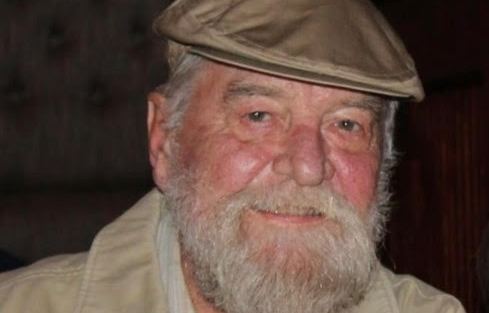
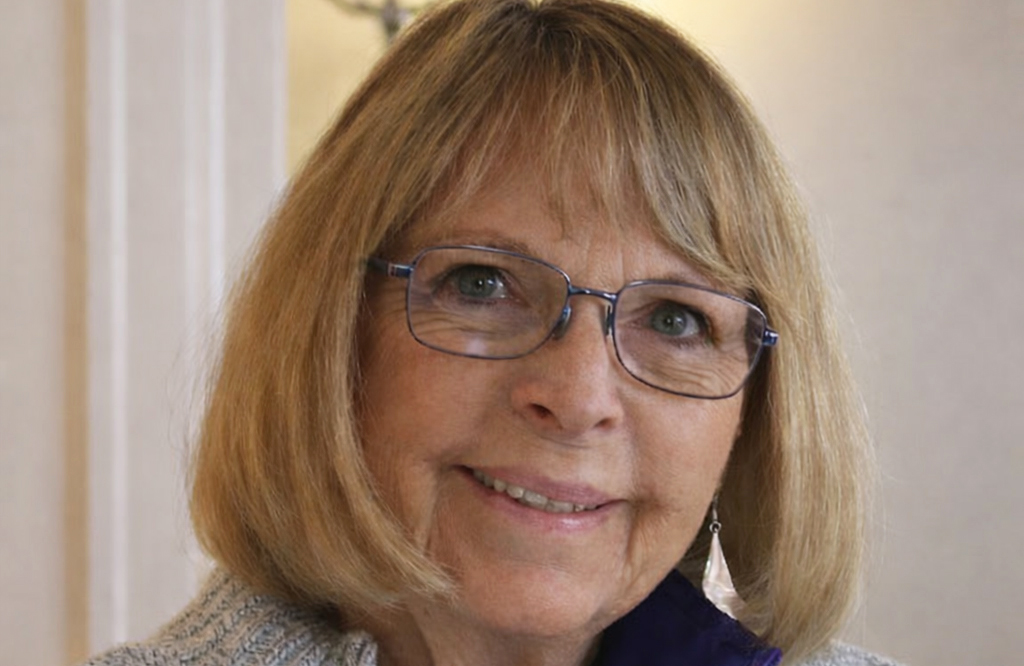
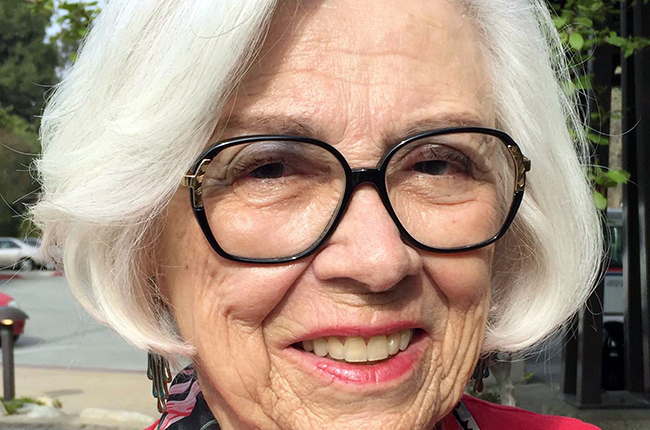
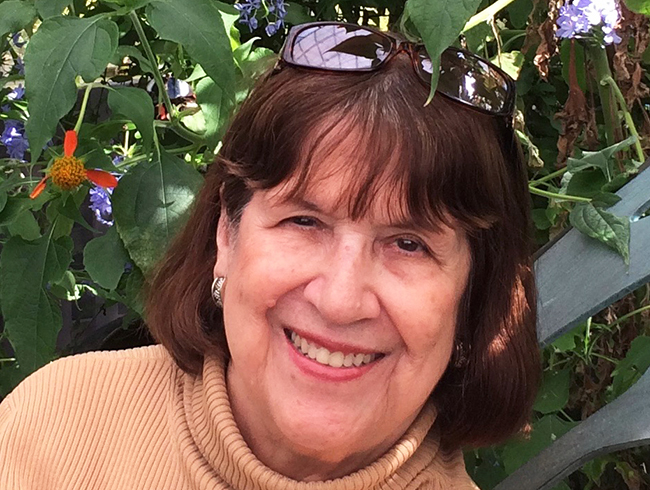
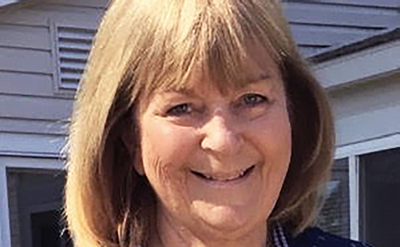
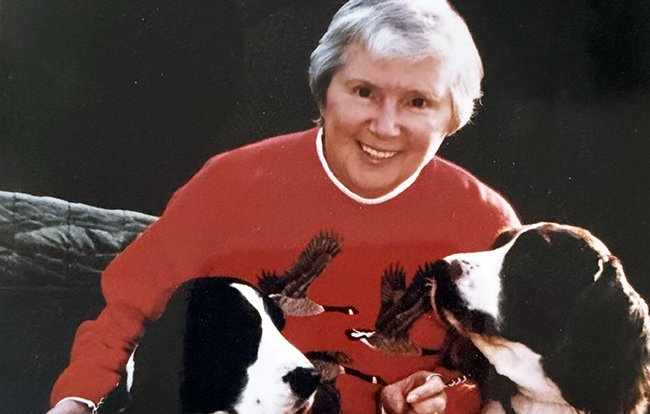

0 Comments